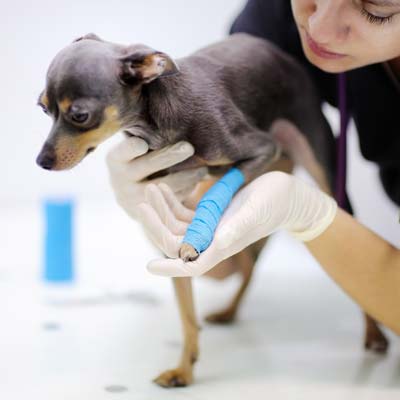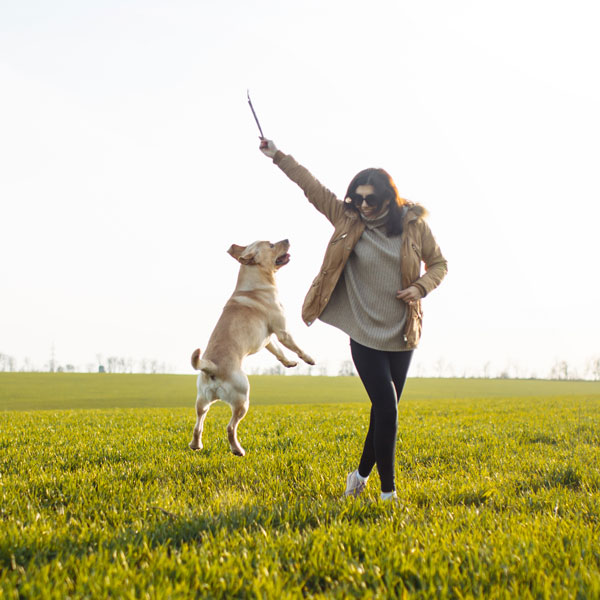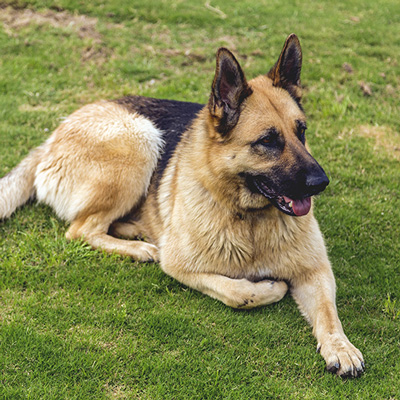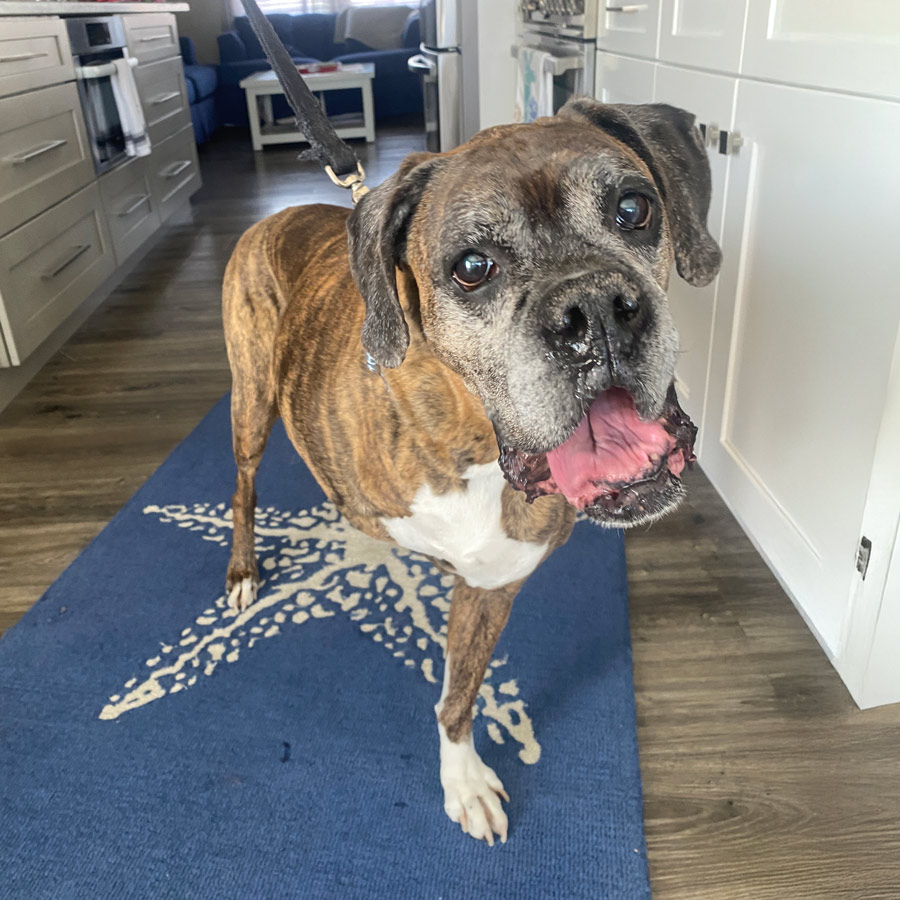Conditions Treated

Getting to the root case of pain and discomfort.
Just like humans, animals suffer from a wide range of spine and joint-related issues that may cause pain, discomfort, and limit mobility. By addressing the root cause through chiropractic care, Dr. Pakenham is able to eliminate such interferences and allow the animal’s body to function the way it was intended.
Many of our clients see an immediate difference in their animal’s behavior, with subsequent visits only improving their well-being and giving them the spark they needed to perform and enjoy life!
- Neck Pain
- Back Leg or Tail Pain
- Muscle Spasms and Stiffness
- Jaw or TMJ
- Comfort Care
- Nerve Pain
- Event or Slip and Fall Accidents
- Post Surgery
- Tripods / Special Needs
- GI Disorders
- And more…

Pain
Spinal or leg pain in animals usually comes from abnormal spinal or joint alignment. These abnormal alignments are called a subluxations. Subluxations cause decreased motion and abnormal function in the surrounding area. In addition, subluxations create nerve pressure which interferes with the body’s ability to communicate with the brain and vice-versa. Pain usually comes last with subluxations.
Signs of animals with pain include but not limited to:
- Abnormal behavior
- Lameness
- Refusing or resisting leads/jumps/obstacles
- Difficulty or refusing to turn lower or raise head
- Shortened stride/uneven tracking
- Postural changes
- Nose to tail shake insufficiencies
- Acute or chronic injuries
- Head and neck discomfort while bending
- Arthritis
- DJD
- and more…

Stiffness
When subluxations are present often times the muscles and surrounding soft tissue get affected too. Muscles get tight and tired from working harder due to misalignments. Spasms and stiffness occur as a result. By correcting the subluxations, not only is the normal biomechanics restored and nerve pressure removed, but the stress and strain on muscles are also removed.
Signs of muscle spasms and stiffness include but are not limited to:
- Abnormal behavior
- Pain noticed while grooming, petting, or daily movements
- Lameness
- Postural changes
- Post-surgical
- Arthritis
- DJD
- Change in appetite
- Acute or chronic injury
- and more…

Jaw Pain or TMJ
Working dogs and K9’s who do protection training may have TMJ or jaw issues. They often have neck and upper back subluxations or spinal misalignments as well. Correcting the subluxations will not only help reduce pain and nerve interference but boost their performance by being properly aligned in the jaw and neck.
Signs of TMJ or Jaw subluxations include but are not limited to:
- Abnormal behavior
- Refusing to do bite work
- Tracking unevenly
- Head tilt
- Refusing hard food or treats
- Avoiding chew toys
- Abnormal alignment of teeth or jaw
- Popping or clicking of the jaw
- and more…

Tripods / Special Needs
Caring for your 3 legged animal is one of Dr. Pakenham’s speciality. They benefit from early preventive chiropractic care since the opposite limb will be carrying additional weight. This helps slow down asymmetrical muscle development and the onset of premature arthritis.
- Abnormal behavior
- Lameness
- Fatiguing early
- Abnormal curvature in spine

